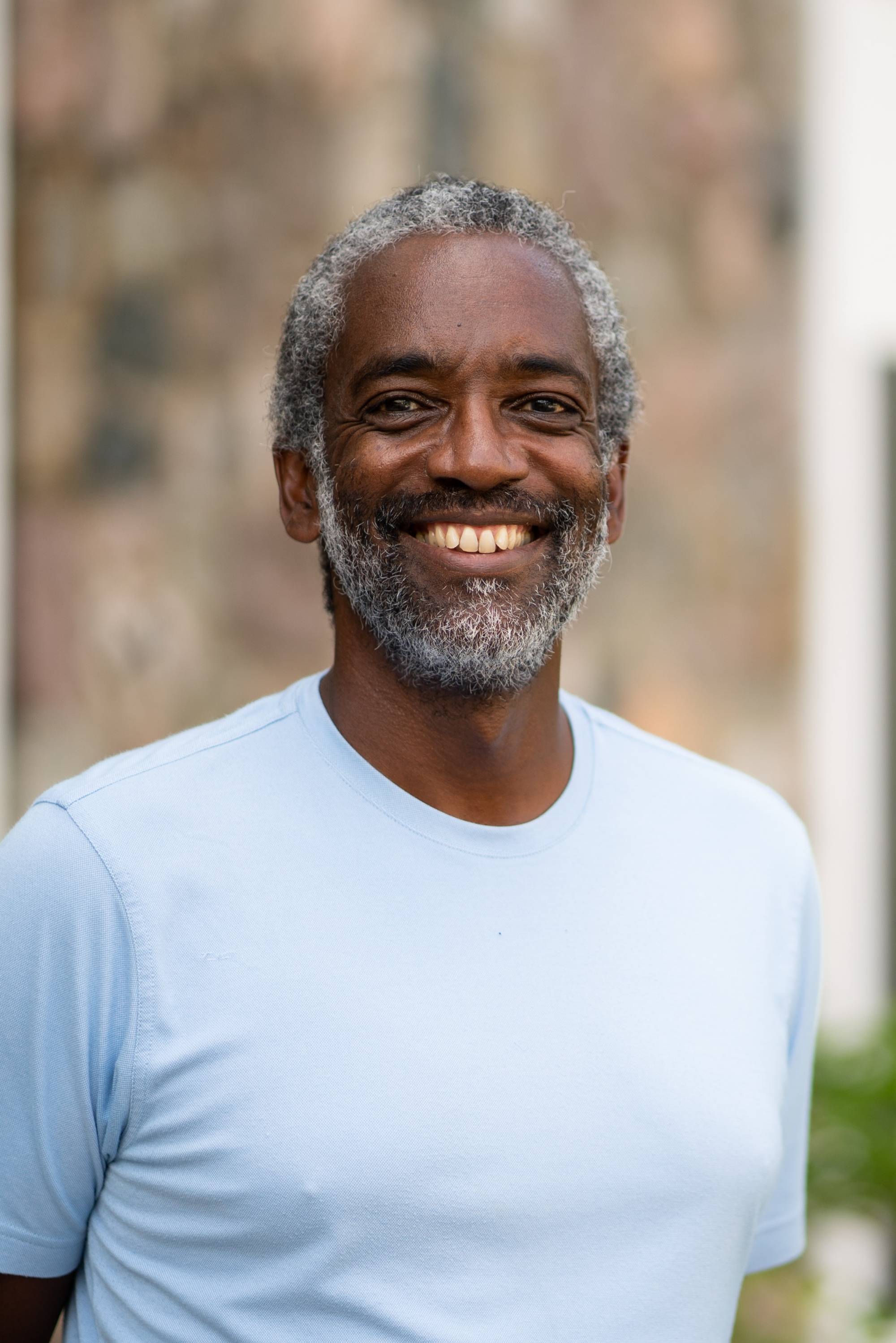Eaaron Henderson-King

Associate Professor - Social Psychology/Stereotyping
- B.A., University of California, Santa Barbara
- Ph.D., University of Michigan
Office: 2206 AuSable Hall
Phone: (616) 331-2938
Email: [email protected]
Specialization
Social Psychology
Courses Taught
PSY 300 - Research Methods in Psychology
PSY 349 - Psychology Applied to Media
PSY 362 - Environmental Psychology
PSY 400 - Advanced Research in Psychology
Research Interests
Researchers have shown that while the self-concept is relatively stable, people's conceptions of the self can be modified by contextual, developmental and situational factors (McGuire & McGuire, 1982; Rosenberg, 1986). For example, Dery (1995) proposed that who we are and how we conceptualize ourselves will be dramatically altered by the continued development of cybernetics. Similarly, advances in the area of cosmetic surgery have meant that people can alter their physical appearance, and perhaps their sense of self, to a significant degree. While people have tried numerous ways to obtain the standards of beauty that have predominated in particular historical periods, elective cosmetic surgery has become one of the dominant means of modifying the body in an attempt to meet one’s socio-individual standards of physical attractiveness (i.e., attitudes or desires related to physical appearance and methods of enhancing appearance are often an intermingling of intrapersonal desires and expectations and the standards communicated within a specific societal/cultural context). The research I am conducting, with my co-investigator, Professor Donna Henderson-King, examines people's attitudes toward cosmetic surgery and the various factors that influence these attitudes. Currently, we are in the midst of revising a measure of acceptance of cosmetic surgery. I am also conducting research in which I examine the issue of people's reactions to police brutality from an intergroup relations and attribution theory perspective. Police brutality, and people’s perceptions of it, has been an issue in the United States for a very long time. In recent history, in regards to race, it was a pivotal issue during the civil rights movement in the late 50’s and through the early 70’s; it rose to prominence again in the early 90’s, in part, as a result of the Rodney King incident and subsequent trial; and it has become a prevalent issue again today with the shooting and strangling of numerous African-Americans and people of color over the last 10 years. One consistent finding in surveys is that African-Americans perceive such events as reflecting how systematic racism manifests in American society, while White Americans often view such events as either the fault of the victim or one officer, or a few police officers who are simply “bad apples.” One possible explanation for the apparent race difference in the perception of police brutality is that, generally, many Whites perceive the police as either being ingroup members or as protectors of the values and norms of the ingroup; while African Americans and people of color may generally view the police as outgroup members. Previous research indicates that people will often make situational attributions for the negative actions of ingroup members and dispositional attributions for the positive actions. Such attributional patterns serve to maintain one’s positive impressions of the ingroup. My research examines the degree to which people’s reactions to police brutality can be explained in terms of attributional theory and whether attributional patterns vary as a function of the race of the officer and the victim.
Publications
Stewart, A. J., Winter, D. G., Henderson-King, D. H., & Henderson-King, E. I. (2015). How politics become personal: Socio-historical events and their meanings in people’s lives. Journal of Social Issues, 71, 294-308.
Henderson-King, E., Henderson-King, D., & Hathaway, L. (2010). Group favoritism and support for government policies as a function of patriotic orientation and perceived threat. International Review of Social Psychology, 22 (3/4), 235-266.
Henderson-King, D., & Henderson-King, E. (2005). Acceptance of cosmetic surgery: Scale development and validation. Body Image: An International Journal of Research, 2, 137-149.
Henderson-King, D. H., Henderson-King, E. I., Bolea, B., Koches, K., & Kauffman, A. (2004) Seeking understanding or sending bombs: Beliefs as predictors of responses to terrorism. Peace & Conflict: Journal of Peace Psychology, 10, 67-84.
